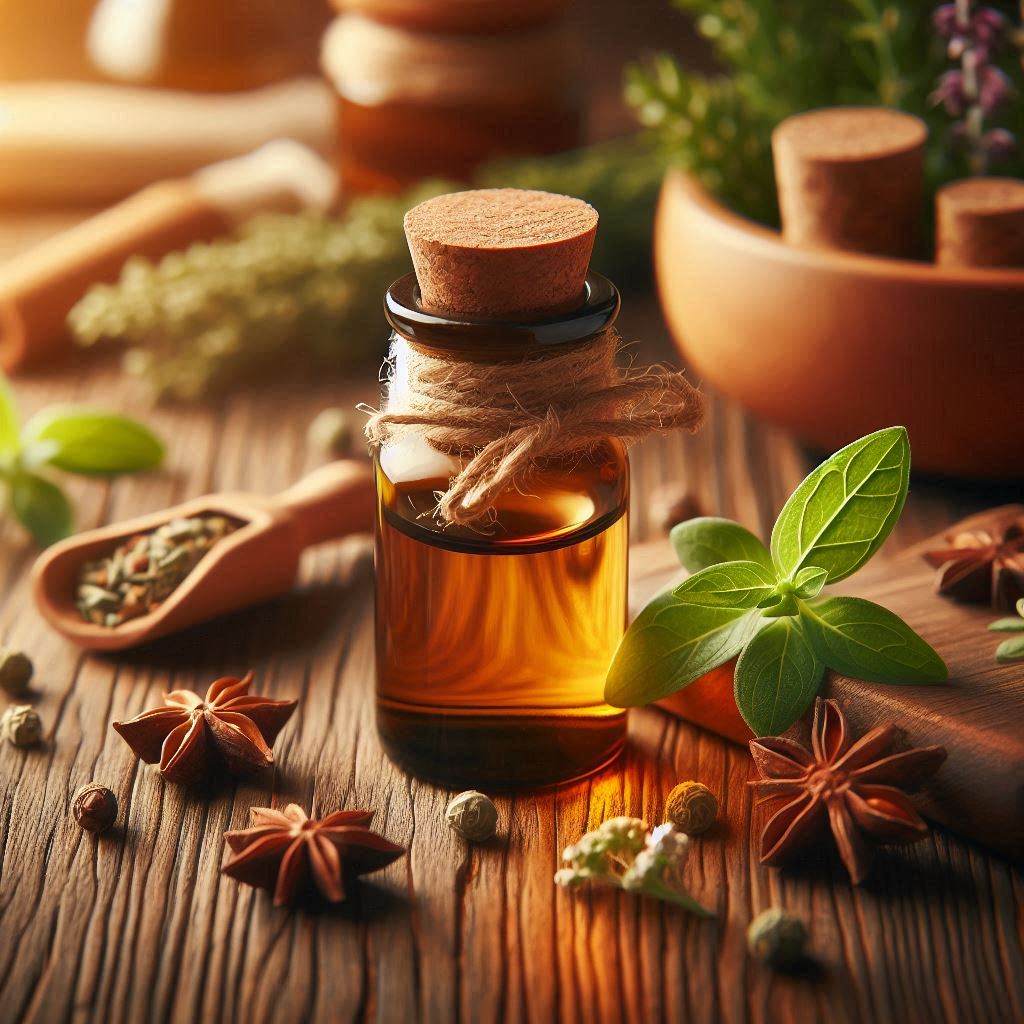
Despite its seemingly complex name, Aromatherapy has a very simple definition. It is a form of herbal medicine that focuses on curative mechanisms without employing the entire herb but just a portion of the essential oils that are released when herbs or plants are distilled. Differences exist between essential oils that just smell great and those that have some form of therapeutic effects. Oils that be considered therapeutic the essential oil must provide the desired effect without too much modification of its components. They should also meet the four P’s described below:
1. Plants – This refers to plants which are grown in the right soil and harvested properly too.
2. Preparation – Water which is free of chemical content is necessary to prepare therapeutic essential oils. The distillation process occurs with the use of low temperature as well as low pressure. These low states also help preserve the basic plant properties and the true essence of the plant. These low pressures and low temperatures help preserve the quality of the oils.
3. Purity – Freedom from chemicals and other associated impurities that can affect the quality of essential oils is part of the requirements to be classified as therapeutic essential oils.
4. Potency – When the essential oils are analyzed and the phytochemical profiles are resolved and checked to ensure that they maintain the relevant quality required in such oils. If you use these essential oils for therapeutic purposes you can simply use a diffuser as a disbursement mechanism. These diffused oils may then be inhaled or applied on your skin or taken orally. You should always apply caution when using any of these essential oils as a certified aromatherapist must be consulted before you use them. Main Uses: 1. Diffusion – If essential oil particles are dispersed into the air they can easily make the room feel a whole lot calmer. Certain essential oils help rid an area of bad odors and contaminants whenever they are used.
2. Inhaled – If you inhale an essential oil directly, you can easily reduce your anxiety levels and reduce agitation at the same time. Control of your memory and mental functions is also enhanced as well. These oils can also help you stop smoking and achieve a whole lot of other things as well.
3. Topical – Essential oils can be used topically and still provide prevention against fungal infections and hair loss conditions. Essential oils are made up of miniscule molecules that are capable of direct penetration into the skin.
4. Oral – When essential oils are used and ingested orally they can easily resolve certain different forms of ailments that may be related to the digestive and respiratory tracks of individuals. These problems include bronchitis, common cold and sinusitis as well as a number of other ailments.
Regardless of the efficacy of essential oils, people who are interested in using them should be aware that the benefits listed here are no substitute for proper medical consultation with a registered doctor or physician. You should always ensure that you meet up with your doctors and physicians to get all the necessary information about prospective treatments before you start experimenting with solutions like essential oils.




